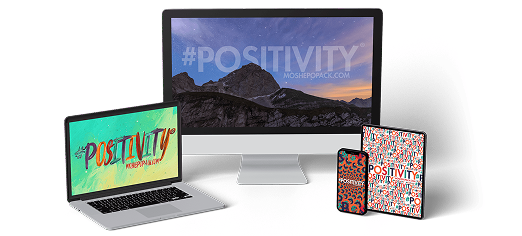Kevin Griffin is a prolific singer, songwriter, and producer, best known as the lead singer of “Better Than Ezra.” His songs have sold more than 80 million copies and been streamed over a billion times. Plus, his smash-hit “Good” went to number one in the country in 1995! We’ll talk music, the business of the recording industry, how “Better Than Ezra” is still touring – and thriving – after all these years, and we’ll chat about his new book “The Greatest Song”, which will inspire you to spark creativity, ignite your career, and transform your life.
What it’s like to sing your songs to a sold-out stadium:
“First off, everything that has been on your mind all day disappears. You know, often you’re on the road and you’re tired, you’ve been on the tour bus. But the moment you are on that stage, and you are in that comfort place where muscle memory takes over, it’s transporting. And I think now that I’ve been doing it a long time … I’m so much more cognizant of the moment and the blessing of being able to be on stage, being transparent, being vulnerable, being present, and singing these songs and seeing them light up people’s faces. It’s kind of a transcendent thing.”
What’s the x-factor to go from good to great?
“The x-factor is drive; I think. It’s simply not quitting. Because the people that are at the top of their game in the music industry, or any industry, they’re not the smartest, they’re not the most-talented, they’re the person who through all the ups and downs, and the twists and turns, and the defeats and accomplishments, they just didn’t quit. And, if you look at somebody as gifted as Elton John, and you know his story, or Freddie Mercury, or go way down the line (laughs) to ‘Better Than Ezra,’ and my story. I just didn’t quit.”
When Kevin lost his record deal and knew he needed to reinvent himself:
“The first thing I realized that I wasn’t doing, and it demanded that I check my ego, was collaborate. Was to start working with other people. And it became the bedrock of what changed my life and changed my career.”
Adaptability is key to thriving in any industry:
“I realized that my goal was to have a 30-plus year career in music. To be successful. And often we think it’s one route. But when we put more irons in the fire, and different things we’re doing, often it’s that iron or that route we thought was going to fizzle out that gets us to that end. And I preach that to younger artists I work with. I say, ‘Don’t limit yourself. … Put on different hats. Push yourself. Have intent with what you’re doing, and you’ll be surprised at where those different irons, or fires, take you.”
You need to stay current on the trends in your field:
“I’m listening to new music and being inspired by new beats, because if I came into a songwriting session without listening and being inspired and was just the same guy that I was in 1995, I would write songs that were completely irrelevant. If I was in tech, and I was not inspiring myself and educating myself on things that were happening and I only knew what was happening in 1995, I would be irrelevant. So, creatively, I’m listening to new music and two hours later when I go into a songwriting session you can rest assured that those ideas, that flow of a lyric, a beat idea, is going to show up in the song.”
Fame comes with a price:
“On the outside it looks like that person always had success and crushed it. When the reality is, when you pull back the curtain, you realize that there were tons of failure and low moments. There’s that saying that ‘you live life, on life’s terms.’ And life is not always easy, and just when you think a wave has come along and knocked you on your ass, you’d better get ready because a bigger one’s coming at some point. And then you just have to get up, dust yourself off, and say, ‘Well, that happened.’ … And I Just dust myself off and decide that I’ll keep going.”

